The Great Gabbo
For the ventriloquist Gabbo his wooden dummy Otto is the only means of expression. When he starts relying more and more on Otto, he starts going mad.
The Great Gabbo (1929) is an American Pre-Code early sound musical drama film directed by James Cruze, based on a story (“The Rival Dummy”) by Ben Hecht and starring Erich von Stroheim and Betty Compson.
As originally released by Sono Art-World Wide Pictures, the film featured sequences in Multicolor. The current prints, restored by the Library of Congress and released by Kino International on DVD, now exist only in black and white.
Footage from the film was used on Fractured Flickers in the segment “Hymie und Me” (Episode 14), in which the dummy is presented as a real living comedian with von Stroheim as his straight man.
Plot
The film follows brilliant ventriloquist “The Great Gabbo” (Stroheim), who increasingly uses his dummy “Otto” as his only means of self-expression—an artist driven insane by his work.
Gabbo’s gimmick is his astonishing ability to make Otto talk—and even sing—while Gabbo himself smokes, drinks and eats. Gabbo’s girlfriend and assistant Mary (Betty Compson) loves him, but is driven to leave him by his megalomania, superstitions, irritability, and inability to express any human emotion without using Otto as an intermediary. In Otto’s voice, Gabbo accepts the blame for Mary’s leaving and recounts all the things she did for him, but as Gabbo he denies his feelings and tells the dummy to shut up.
Two years later, Gabbo has become a nationally renowned ventriloquist. He is revered for his talent, even as he is ridiculed for his eccentricity: he takes Otto with him everywhere he goes, even dining out with him, providing much entertainment to the restaurant patrons. Despite his success he continues to pine for Mary, who is now romantically involved with another singer/dancer, Frank (Donald Douglas). With both Mary and Frank performing in a show in which Gabbo is the headliner, he attempts to win her back. Mary is charmed by Gabbo’s new romantic behavior, driving Frank to angry fits of jealousy. As his courtship meets with continued success, Gabbo increasingly expresses his emotions to Mary directly, without using Otto.
One day Gabbo finds that in his absence, Mary has straightened up his dressing room the way that she always used to. Convinced that she wants to come back to him, he confronts her with his feelings, admitting his loneliness without her and in the process revealing that he has grown past many of his old failings, such as his superstitions and obsession with his personal success. However, Mary tells him that she loves Frank, and has been married to him since before Gabbo came back into her life. She says that she missed Otto but not Gabbo, and in a last farewell she says “I love you” to Otto.
In profound frustration at this, after Mary is gone Gabbo punches Otto in the face, but immediately apologizes and embraces the dummy, weeping. He then storms onto the stage during the finale and loudly rants at the performers. He is forced off the stage and fired from the show. Mary tries to confront Gabbo afterwards, but he only looks at her sadly and walks away. The film ends with workers taking down the letters of “The Great Gabbo” from the marquee as Gabbo looks on.
Cast
Erich von Stroheim as The Great Gabbo
Betty Compson as Mary
Donald Douglas as Frank
Marjorie Kane as Babe
George Grandee as Otto (voice) (uncredited)
John F. Hamilton as Neighbour (uncredited)
Harry Ross as Performer (uncredited)
Marbeth Wright as Dancer (uncredited)
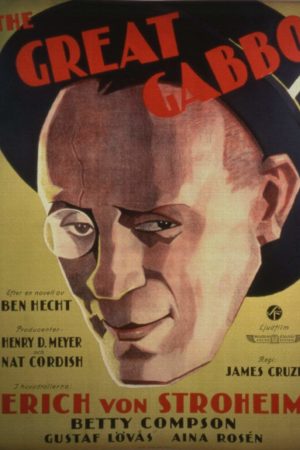
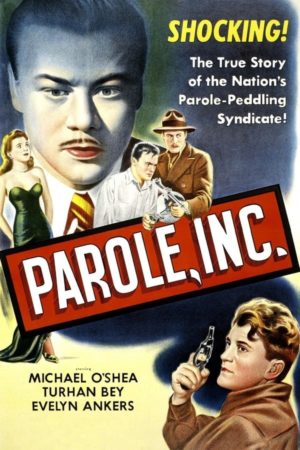
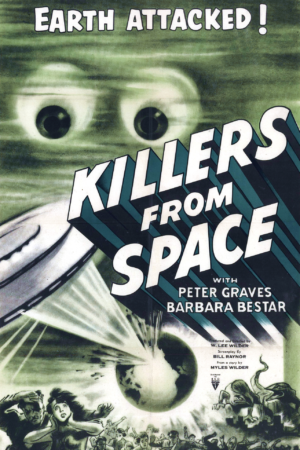
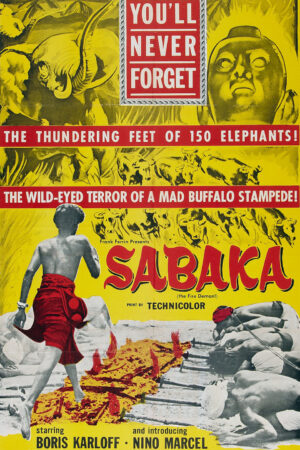
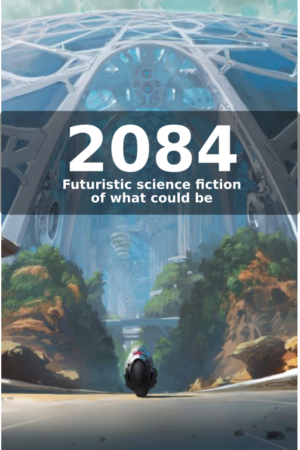
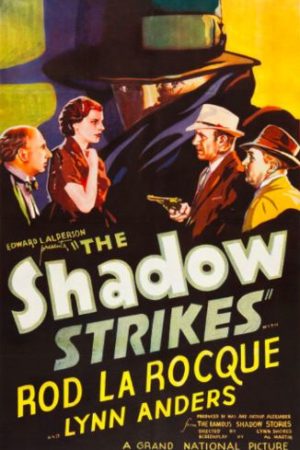
There are no reviews yet.